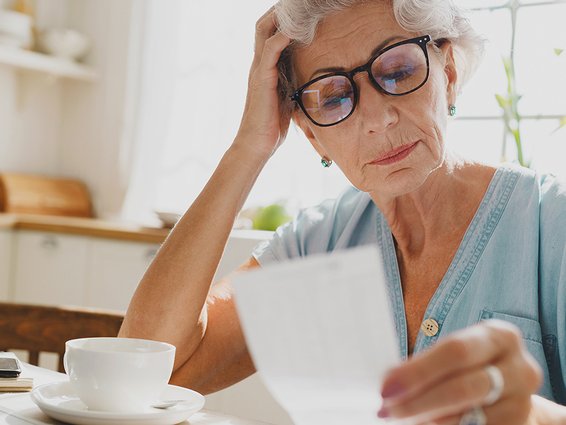
6 Tips for Handling Spring Allergies
Alleviate spring allergy symptoms with these quick tips.
Developing a new allergy as an adult can be surprising, and frustrating. However, this phenomenon is becoming increasingly common for adults in every age group—even seniors—whether the allergy is to certain foods, pet dander, or a seasonal trigger like pollen.
What Causes Adult Onset Allergies?
There is no one explanation for the increasing incidence of adult onset allergies; theories range from longer and more severe pollen seasons, environmental factors, or even an increased awareness of symptoms. For retirees, moving to a different city or climate might trigger a new reaction.
Yet for many seniors, treating seasonal allergies takes a back seat to managing more serious chronic conditions. Symptoms like postnasal drip, nasal itching, nasal congestion, sneezing, watery or itchy eyes, and fatigue can also be misattributed to other illnesses. Some allergy symptoms may actually worsen chronic respiratory conditions (including COPD and asthma) common in older adults, and these symptoms shouldn’t be ignored.
Tips for Handling Spring Allergies for Seniors
If you’re suffering from seasonal allergies, whether newly developed or not, here are a few tips I recommend to alleviate your symptoms.
- Hang out inside. It can be tough to stay inside when the weather is nice, but it’s important to limit pollen exposure and keep windows and doors closed on days when allergens are high.
- Run your air conditioner. Especially as the weather gets warmer, air conditioners can be helpful for seniors with lung or heart diseases who may have trouble breathing in hot and humid conditions. Make sure to change your filters and have your air conditioner serviced regularly to help keep the air as clean as possible.
- Check the forecast. Most local weather reports track levels of allergens and pollen in the air to help you stay informed about conditions where you live. There are also several mobile apps to track pollen counts digitally.
- Do the laundry. Make sure to wash all laundry regularly, especially anything you’ve worn outside—it could be covered with pollen. And don’t dry things outside on a line, as this can cause them to collect allergens.
- Visit your doctor. If you suspect your symptoms are due to seasonal allergies, call your doctor—don’t wait. Physicians sometimes miss allergy symptoms in seniors, particularly when they’re focused on a larger health issue, so be sure to speak up.
- Mind your medications. For older adults, many of whom are taking 5 or more prescriptions per day, it’s vital to check with your doctor before using allergy medications. Traditional antihistamines in particular can be dangerous to seniors, with common side effects including drowsiness and dizziness. Talk to your doctor before self-medicating.
Lastly, for seniors with stubborn symptoms, I recommend seeing an allergist. Through a simple skin test, an allergy expert can help determine what is causing your symptoms and suggest practical ways to avoid those triggers. Allergists can also recommend the best form of treatment, whether it’s an oral medication or type of immunotherapy, such as allergy shots.
Allergists can also tell you if your symptoms are unrelated to seasonal allergies. For instance, non-allergic rhinitis, a condition that affects up to a third of older adults, mimics many seasonal allergy symptoms, such as congestion and sneezing. For people with non-allergic rhinitis, traditional allergy treatments may be ineffective, so an allergist can prescribe a different remedy.
Keep these tips in mind to help you stay healthy and breathe easy this season. For more tips to stay healthy, follow Clover Health on Facebook, Instagram, and Twitter.
This article was medically reviewed by Dr. Kumar Dharmarajan.
Kumar Dharmarajan, MD is the Chief Scientific Officer and Senior Medical Director of Clinical Programs at Clover Health. Kumar Dharmarajan, MD, MBA is a cardiologist and geriatrician with over a decade of experience.
Updated 3/14/21. This article was originally published on CareDash.com on 4/23/19.


